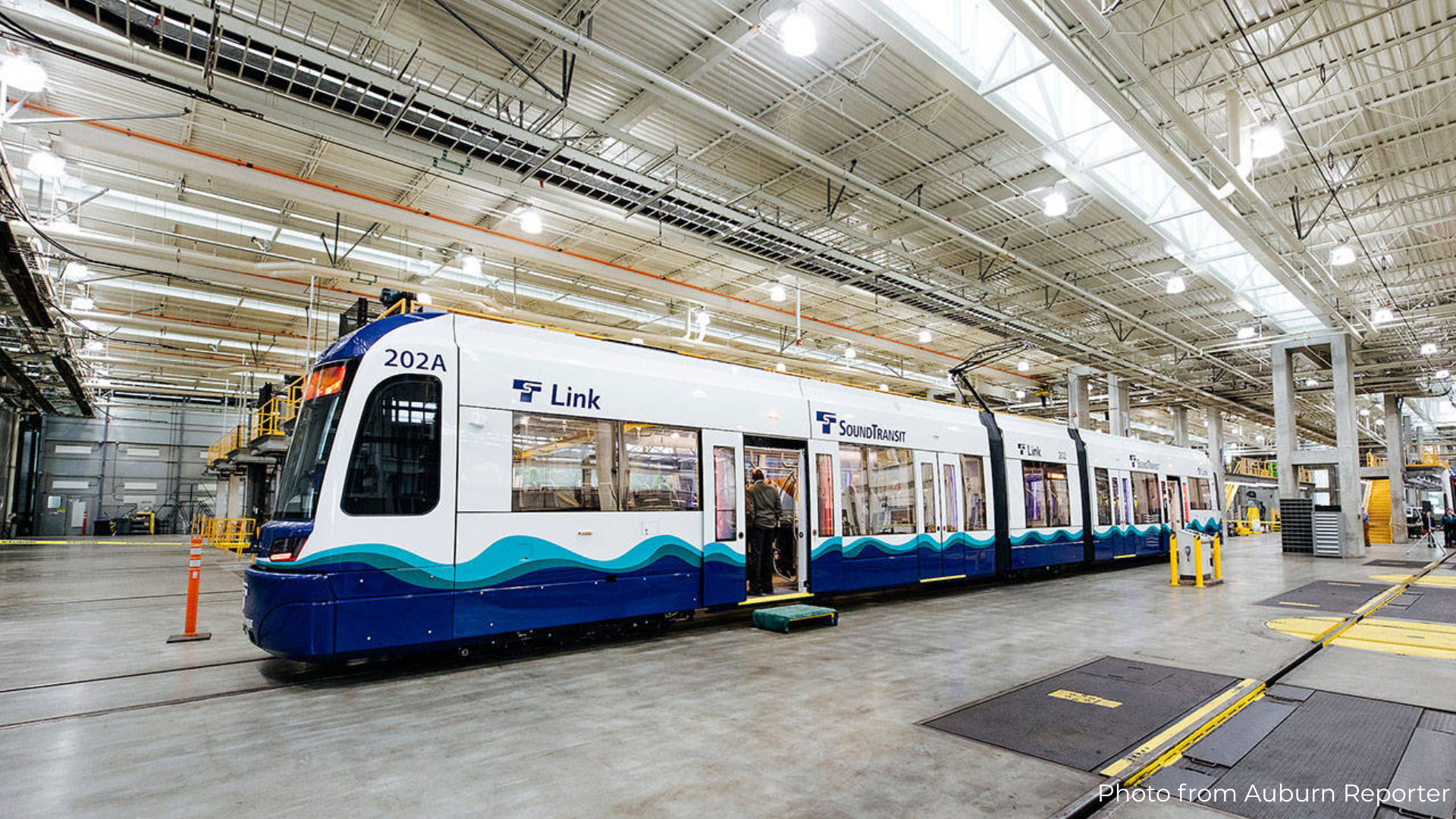Key Findings
- Automated transportation has the potential to increase safety, efficiency, access, and mobility.
- Officials at the Washington State Department of Transportation (WSDOT) are working to finalize a policy framework for “cooperative automated transportation” in our state. Many of the policy goals drafted are either unnecessary or too prescriptive at such an early stage.
- To facilitate the safe testing and deployment of automated transportation in our state, it is critical that laws and regulatory systems do not impose restrictions that “narrow the scope of permissible development” or unnecessarily delay adoption, thereby increasing costs.
- Government management of the public right of way should protect public safety while recognizing the importance of car and truck mobility in supporting the economic life of the region.
- Regulations that are too restrictive and confusing should be eliminated, and new laws passed only if experience shows they are needed to protect the public.
- The vision for automated transportation and personal mobility must be neutral as to travel mode and focused on the advancement of personal freedom, choice and movement across all available travel options.
Introduction
The development of automated transportation, including personal vehicles and new forms of transit, are changing the transportation landscape. Automated transportation, which allows some or all driving functions to be performed by the vehicle, has the potential to increase safety, efficiency, access, and mobility for everyone.
Automated driver assistance in vehicles is now going beyond anti-lock braking systems (ABS) and electronic stability control to adding new features like automatic lane-keeping ability and adaptive cruise control. These innovations are already reducing accidents and speeding up traffic.
Automation also creates a market opportunity for people to simply buy the rides they need rather than buying a car. According to experts, “both [ride-share and car buying markets] will be significant, mutually competitive, and demanding of space, infrastructure, regulation, and investment.” Thus, whether people buy trips or cars, “the total economic position of the automotive industry will strengthen.”
To continue reading or to read the full policy brief, click the link below:
![]() New rules for automated driving FULL STUDY
New rules for automated driving FULL STUDY





